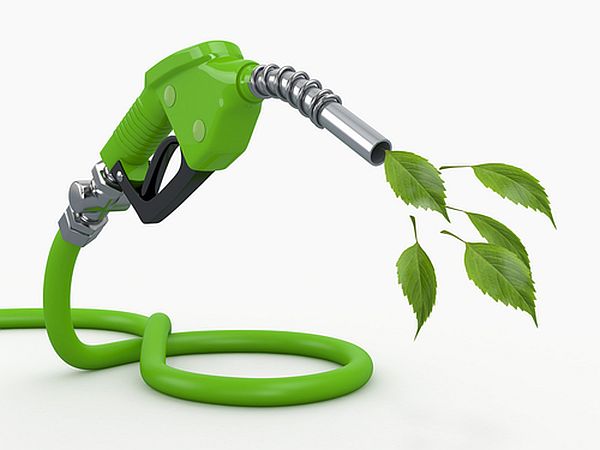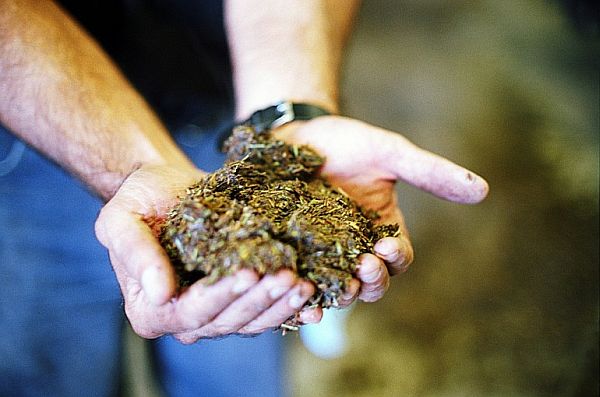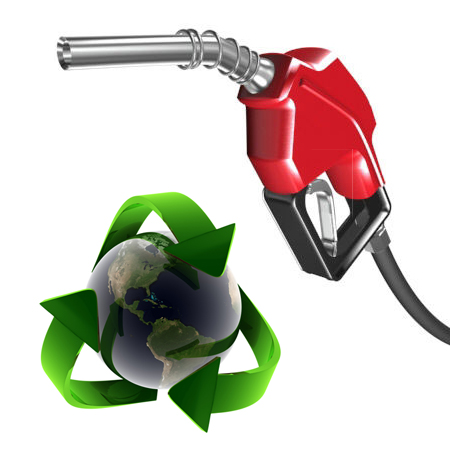When we use oil as a major fuel in almost all fuel-based equipment and machinery, it causes extreme harm to the environment. Oil and similar traditional fuel sources generate carbon monoxide and other harmful gases when used in vehicles and machines. This is slowly damaging our natural resources and ecology. Thus, it is critical to find such alternative sources that can replace oil but still provide high efficiency. In modern times, people have been searching for similar fuel sources. A newly found option is to use biofuels in place of oil.
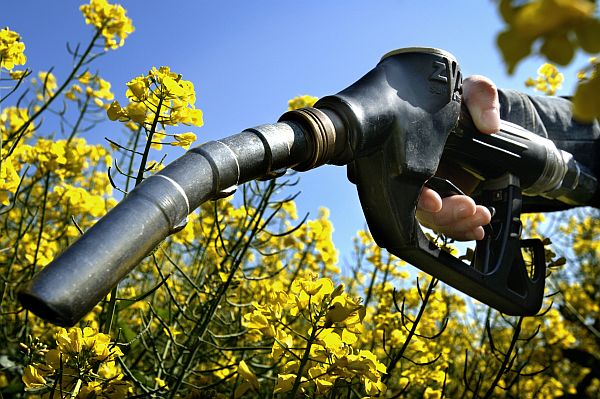
We can generate biofuels from plant and animal materials and treat several waste products to make such fuels. The most common of these biofuels are bioethanol and biodiesel. However, you will find options that are in the form of ether, ester and alcohol. Such combustible fuels not only provide energy to run your equipment, but also keep the environment cleaner and greener. Biofuels reduce the exhaust of harmful gases from vehicles and machines. Made of animal fat and using cooking oil, biodiesel is actually using resources that would go to waste otherwise. Thus, it is actually utilizing waste and creating a useful fuel that helps in sustaining the environment.
While there are advantages of using a waste products like biodiesel, there are a few disadvantages too. Even though it is made of renewable resources, it consumes more water to show its performance. Thus, it can be difficult to use at places where weather is colder. Additionally, you can only use it in diesel-powered machines and vehicles. However, we cannot ignore its high advantage of generating negligible amount of gases like carbon dioxide. Normal diesel can no way match the performance of biodiesel that does not pollute environment due to being biodegradable.
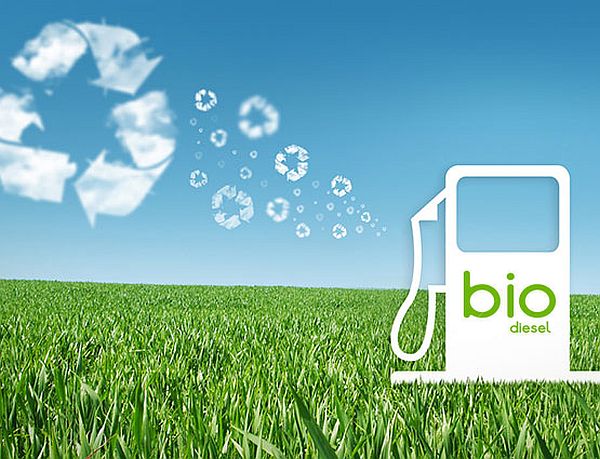
While biodiesel is highly useful, it offers less fuel economy. It is costlier and not widely available at gas stations. However, efforts to make more biodiesel can ease off the situation. On the other hand, bioethanol made using sugar and starch crops is quite useful to reduce greenhouse gases in our environment. However, compatible fuel systems are required to carry bioethanol. Else, it may corrode an incompatible system. Bioethanol is also efficient to use, as it produces higher heat and energy. While it is a very clean fuel, its production requires a larger area of land. It is still a less expensive option as compared to polluting oil, fossil fuels and gasoline.
Looking at the negatives, bioethanol can cause future food shortage as it is made of sugar crops. If it is produced at a large scale, then sugar crops may go higher in demand and food shortage may occur for consumers. Its higher production may also lead to the depletion of other natural resources like water and soil. This can again lead to varied environmental issues. While smelly biofuels are easier to transport, we their production is possible in areas that are not populated. Still, with several arguments in favor of and against biofuels, they remain a much cleaner fuel option. As it is the demand of time, it can surely decrease some of our dependency on oil sources.
Summary:
Biofuel is a greener dose for our machinery and equipment. Despite some of its disadvantages, this clean energy source can reduce our dependence on oil as a fuel.


